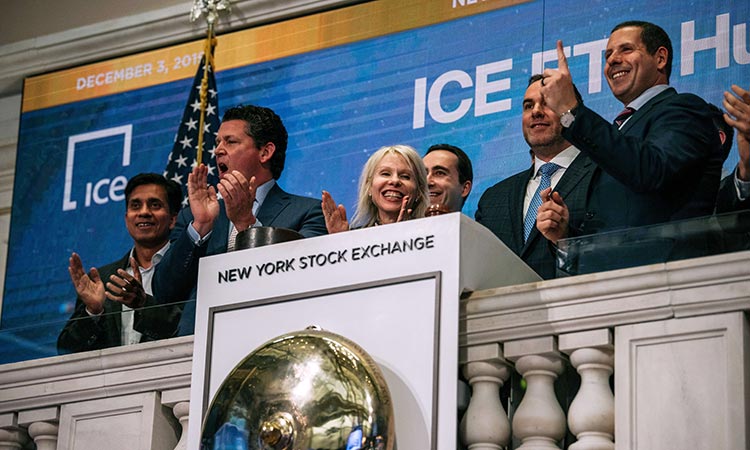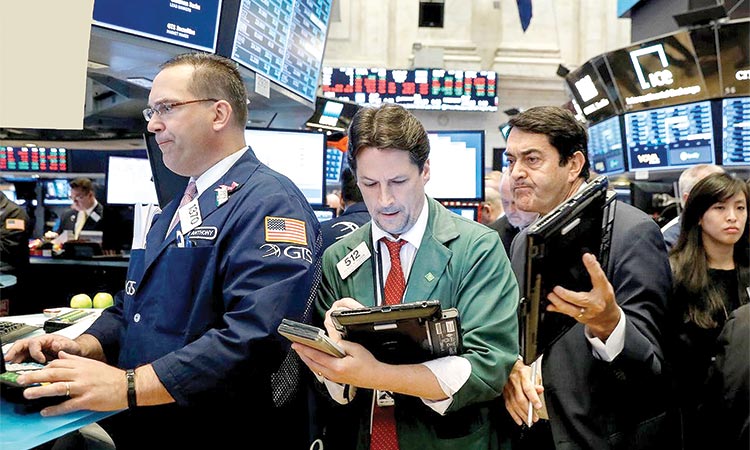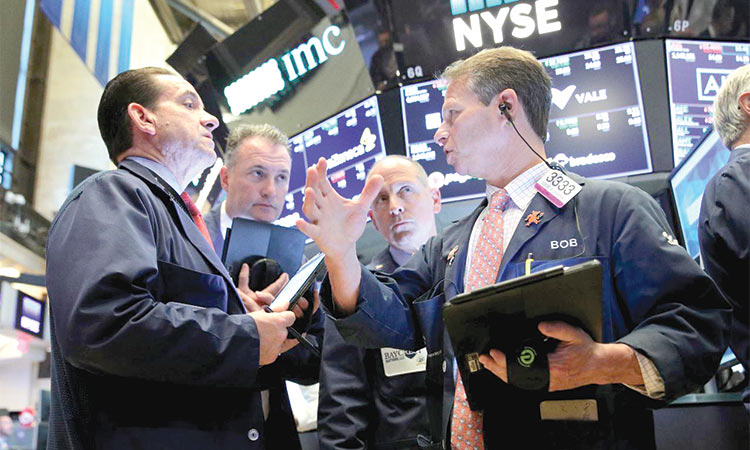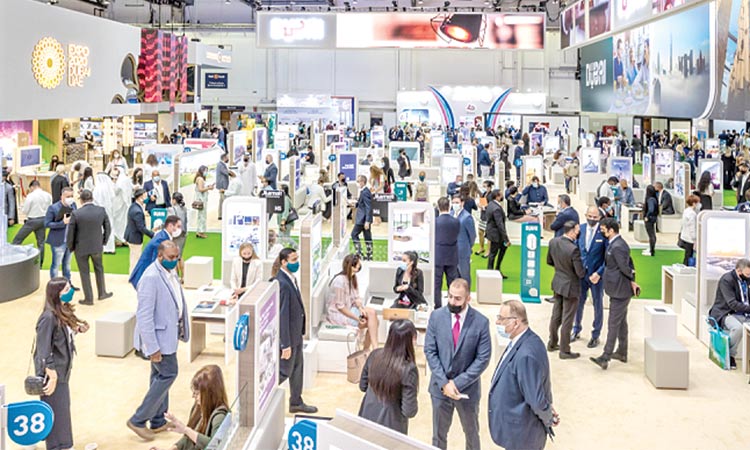Global stock markets see wild price swings over virus fears
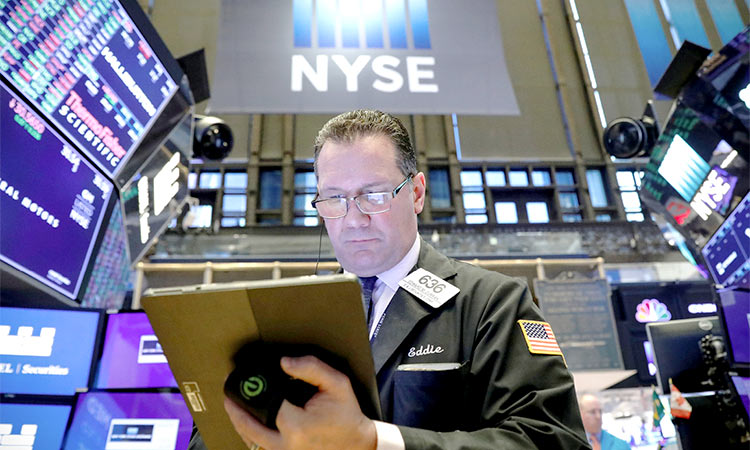
The European Union is ready to use all available policy options if and when needed to safeguard growth. Reuters
European stocks kicked off the day with sharp gains, but then abruptly switched direction when the European Union’s disease control agency raised its risk level for the novel coronavirus.
But early strength on Wall Street, which rebounded from very sharp losses last week, helped European markets off their worst levels after governments and central banks said they would step in if needed to soften the blow to the economy.
London even managed to swing back into the black, also helped by a weakening pound against the euro as the EU and Britain kicked off trade deal talks following Brexit.
“Concerns about the spreading of the coronavirus has been a key catalyst of the market uneasiness, though expectations are rising that we may see a coordinated response from global central banks, including the Fed,” said analysts at Charles Schwab.
Some analysts warned, however, that there was only so much central banks could do to ease the pain and any stock recovery could therefore be fragile.
The European Union is considering measures to protect its economy against the impact of the coronavirus outbreak, top officials said on Monday, as health risks in Europe were raised to high after the virus spread to most countries in the bloc.
“The EU is ready to use all the available policy options if and when needed to safeguard our growth,” EU economics commissioner Paolo Gentiloni told a news conference, saying risks threatened by the outbreak had now materialised.
He listed transport, tourism and carmakers among the sectors most affected. European Central Bank Vice President Luis de Guindos said the ECB is also ready to help but that governments should be the first line of defence.
“Fiscal policy should be the main instrument that is used in response to this situation,” de Guindos said. “Our reaction has to be calm ... and prudent.”
In an extraordinary conference call on Wednesday, EU finance ministers will discuss immediate actions at national level to reduce risks of an economic crisis, Gentiloni said.
The European Central Bank’s key rate is already negative, severely reducing any scope for further easing, they said.
There is also a “realisation that there could be a limited amount that the central banks could do in terms of stimulus”, said Richard Hunter, head of markets at Interactive Investor.
Some investors are still betting on a Fed interest rate cut at its March 17-18 policy meeting after governor Jerome Powell made a rare unscheduled statement on the outbreak, which he said “poses evolving risks to economic activity”.
He said the central bank was “closely monitoring developments and their implications for the economic outlook”, adding: “We will use our tools and act as appropriate to support the economy.” US rate cut expectations weighed on the dollar against the euro, with traders saying that the coronavirus outbreak was turning the European currency into a refuge investment.
The Bank of England said in a statement Monday that it was “working closely” with “international partners to ensure all necessary steps are taken to protect financial and monetary stability”.
London’s FTSE slumped 11.1 per cent last week as the coronavirus spread outside China.
Analysts warned of further turmoil on trading floors as governments struggle to contain the disease, which has now killed more than 3,000 people and infected almost 90,000.
“Markets face significant uncertainty in the short term and remain at high risk of more downside given the unknowns around COVID-19,” said Shane Oliver, a global investment strategist at AMP Capital Investors.
Traders remain worried the disease “will disrupt economic activity more deeply and for longer than had been expected a week or so ago”.
In Asian trade Monday, Shanghai led gainers, rising 3.2 per cent after dropping more than five per cent last week, while Hong Kong closed up 0.6 per cent after a loss of around four per cent.
Tokyo rose 1.0 per cent.
The gains came on hopes for government stimulus after an index of Chinese manufacturing activity fell to its lowest level on record in February as factories around the country were shuttered.
Global government bond markets benefited from investor money seeking a safe home, as well as expectations of softer monetary policy worldwide.
Meanwhile, US manufacturing activity grew at the most tepid pace in six months in February as the supply chain disruptions arising from the coronavirus outbreak dragged on output and new orders, a survey of purchasing managers showed on Monday.
The final reading of the IHS Markit US Manufacturing Purchasing Managers’ Index slid to 50.7 last month from 51.9 in January. The data was slightly weaker than the preliminary - or “flash” - reading of 50.8 reported in mid-February and was the lowest reading since August.
A reading above 50 signals expansion in the sector.
Agencies

